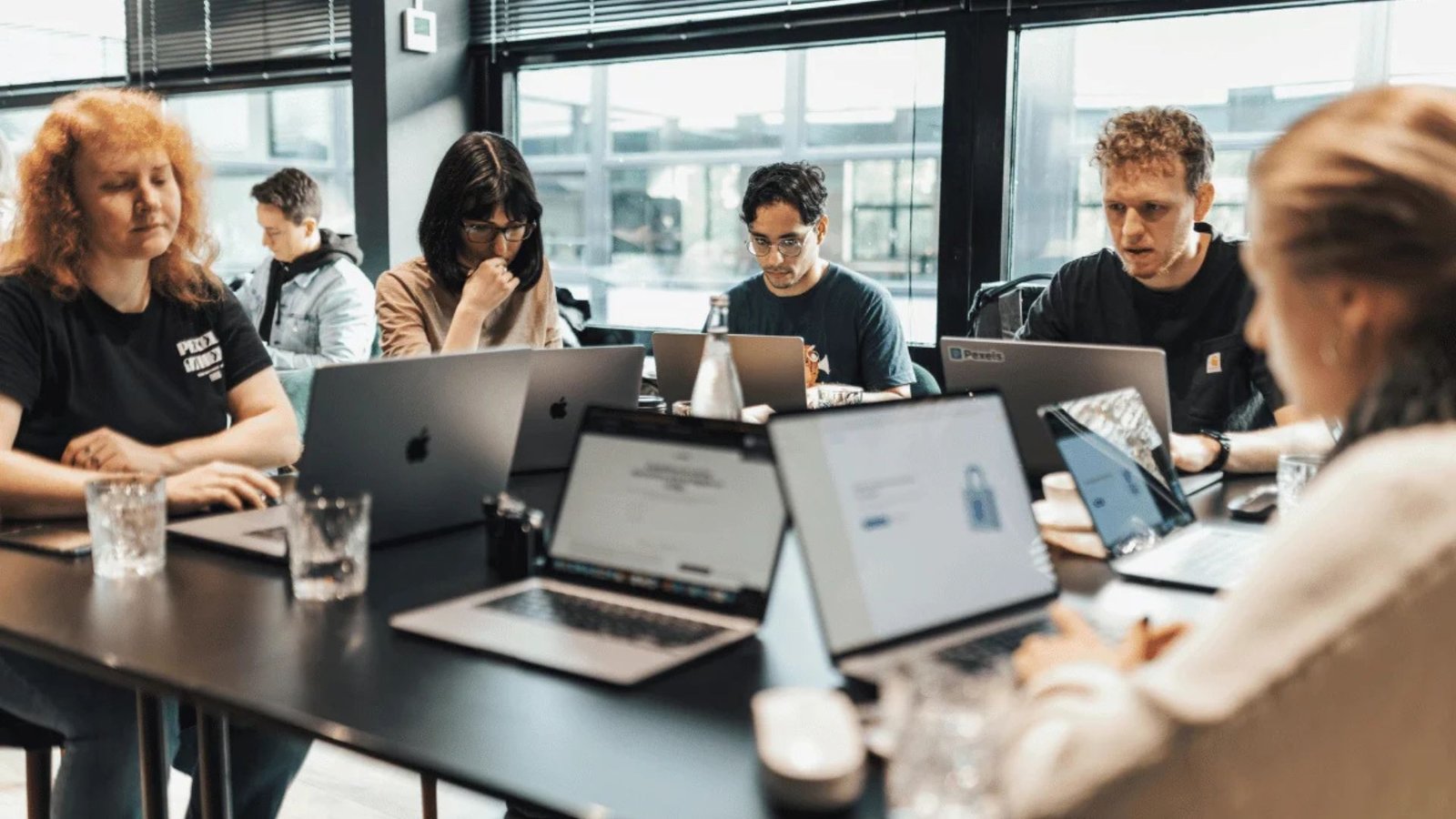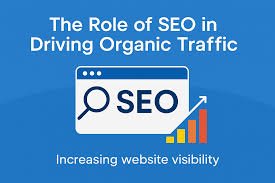Link building remains a cornerstone of SEO in 2025. Backlinks from reputable websites signal to Google that your content is trustworthy and authoritative. However, aggressive or spammy tactics can lead to penalties that harm rankings. The key is to focus on safe, ethical strategies that build high-quality links and improve long-term SEO performance.

Focus on High-Quality Content
The most reliable way to earn backlinks is by creating valuable content. When your content solves problems, provides unique insights, or entertains, other websites naturally reference it. Examples include in-depth guides, research studies, infographics, and expert roundups. High-quality content attracts links organically, reducing the need for risky tactics.
Guest Posting on Relevant Sites
Guest posting remains an effective and safe link-building method when done correctly. Contribute articles to reputable websites in your niche. Focus on sites with high authority and a relevant audience. Include a natural backlink to your site within the content or author bio. Avoid low-quality or spammy sites, as they can harm your SEO.
Leverage Broken Link Building
Broken link building is a smart, low-risk strategy. Identify broken links on other websites in your niche, then offer your relevant content as a replacement. This helps the website owner fix errors while earning you a high-quality backlink. Tools like Ahrefs or Broken Link Checker make this process easier.
Use Resource Pages
Many websites maintain resource pages that link to helpful content. Find resource pages relevant to your niche and pitch your high-quality content for inclusion. Resource page links are usually safe, authoritative, and drive targeted traffic. Personalize your outreach to show how your content adds value to their audience.
Create Link-Worthy Assets
Certain types of content naturally attract links. Examples include:
-
Infographics that summarize data visually
-
Original research or case studies
-
Comprehensive how-to guides
-
Interactive tools or calculators
By creating assets that provide unique value, other websites are more likely to link to you organically.
Leverage Social Media and Communities
Promoting your content on social media, forums, and online communities can indirectly boost backlinks. When content gains visibility, bloggers and journalists are more likely to notice and link to it. Platforms like LinkedIn, Reddit, and niche forums help amplify your content without violating SEO rules.
Build Relationships with Influencers
Networking with influencers, bloggers, and journalists in your industry can lead to natural link opportunities. Share their content, engage on social media, or collaborate on projects. When you build genuine relationships, influencers may link to your site because they trust your expertise.
Avoid Black-Hat Tactics
Never buy links, participate in link farms, or use automated link-building tools. These black-hat tactics can lead to severe Google penalties. Focus on organic, relationship-based strategies that align with Google’s guidelines to ensure long-term SEO success.
Monitor Your Backlink Profile
Regularly audit your backlinks to ensure quality and relevance. Tools like Google Search Console, Ahrefs, or SEMrush help you identify toxic links. If you find spammy or harmful links, disavow them to protect your site from penalties. A clean backlink profile maintains your site’s authority and ranking potential.
Conclusion
Effective link building in 2025 is about quality, relevance, and ethical practices. By focusing on high-quality content, guest posting, broken link building, resource pages, link-worthy assets, social media promotion, influencer relationships, and regular monitoring, you can earn backlinks safely and improve SEO. Avoid black-hat tactics and prioritize organic strategies to grow your site’s authority and traffic without risking penalties.










